Emerging Perspectives in the Study of Folklore and Performance, an AFS Fellows Webinar
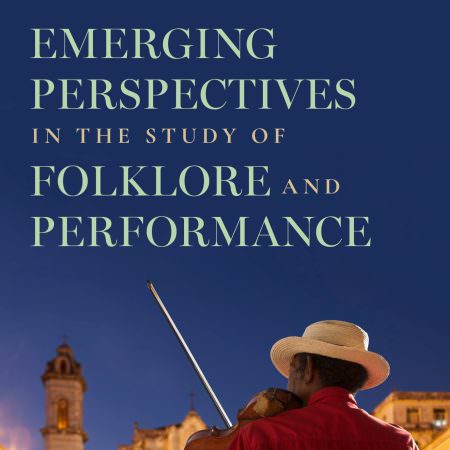
May 19, 2025
1:30 p.m. EDT
Just over half a century ago, the rise in what became known as the “performance turn” in folklore studies led to the diffusion of performance as both a lens and a key concept across a wide range of humanistic disciplines. Now, it’s time to take stock of the myriad ways in which performance and folklore studies have developed along both parallel and intersecting paths.
Emerging Perspectives in the Study of Folklore and Performance (Indiana University Press, 2025) reveals the captivating world where folklore and performance studies meet up, revealing both the connections and disparities between the two fields. From the mid-20th century to the present day, luminaries like Richard Bauman, Erving Goffman, Roger Abrahams, Charles Briggs, Richard Schechner, Dell Hymes, José Esteban Muñoz, Peggy Phelan, Barbara Kirshenblatt-Gimblett, Deborah Kapchan, and Diana Taylor have woven a rich tapestry of discourse, seamlessly blending the realms of folklore and performance. Editors Solimar Otero and Anthony Bak Buccitelli present a magnificent collection of chapters that delve into the intricacies of this enduring relationship. These diverse essays explore how folklore and performance intersect in realms as varied as digital culture, social movements, ritual, narrative, race and technology, archival practices, ambient play, post-human intersectionalities, speculative world-making, and embodied knowledge.
This webinar highlights the publication of Emerging Perspectives in the Study of Folklore and Performance (IU Press, 2025). Authors engage in discussions on how folklore and performance intersect in their chapters on dance ethnography, social movements, ritual and narrative, archival practices, and the performance of tradition. Charles Briggs, Soli Otero and Anthony Bak Buccitelli moderate the discussion as Kay Turner and Stephen Gencarella provide critical commentary on the volume.
Moderators
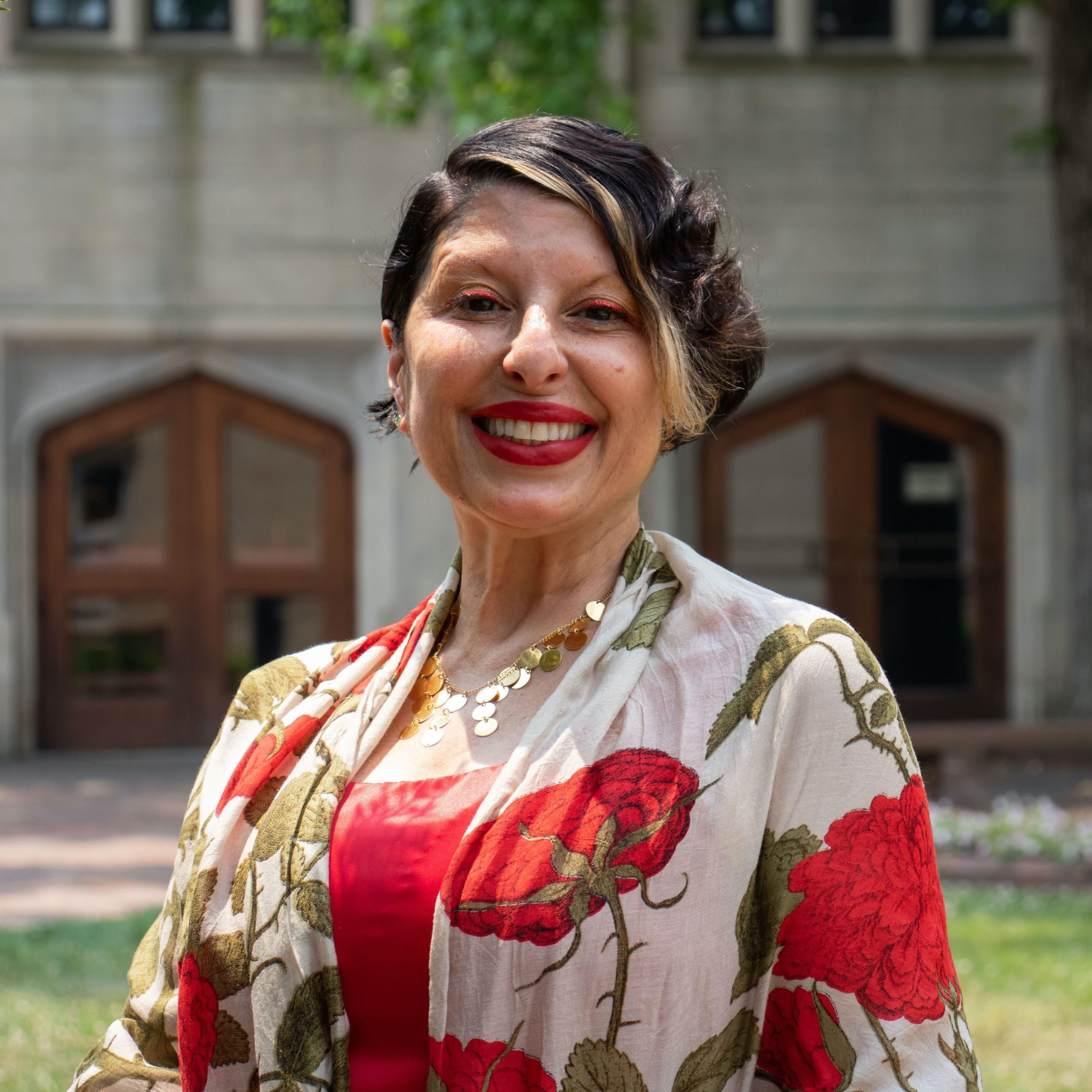
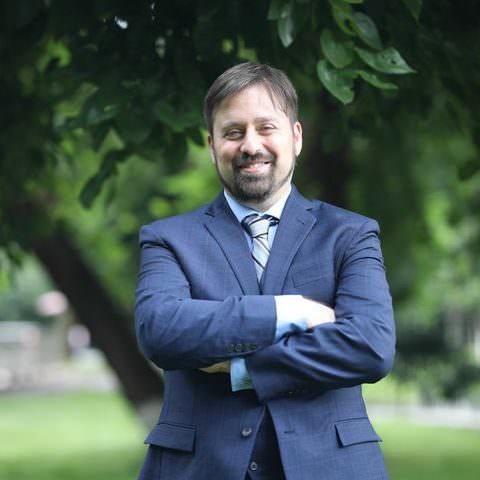
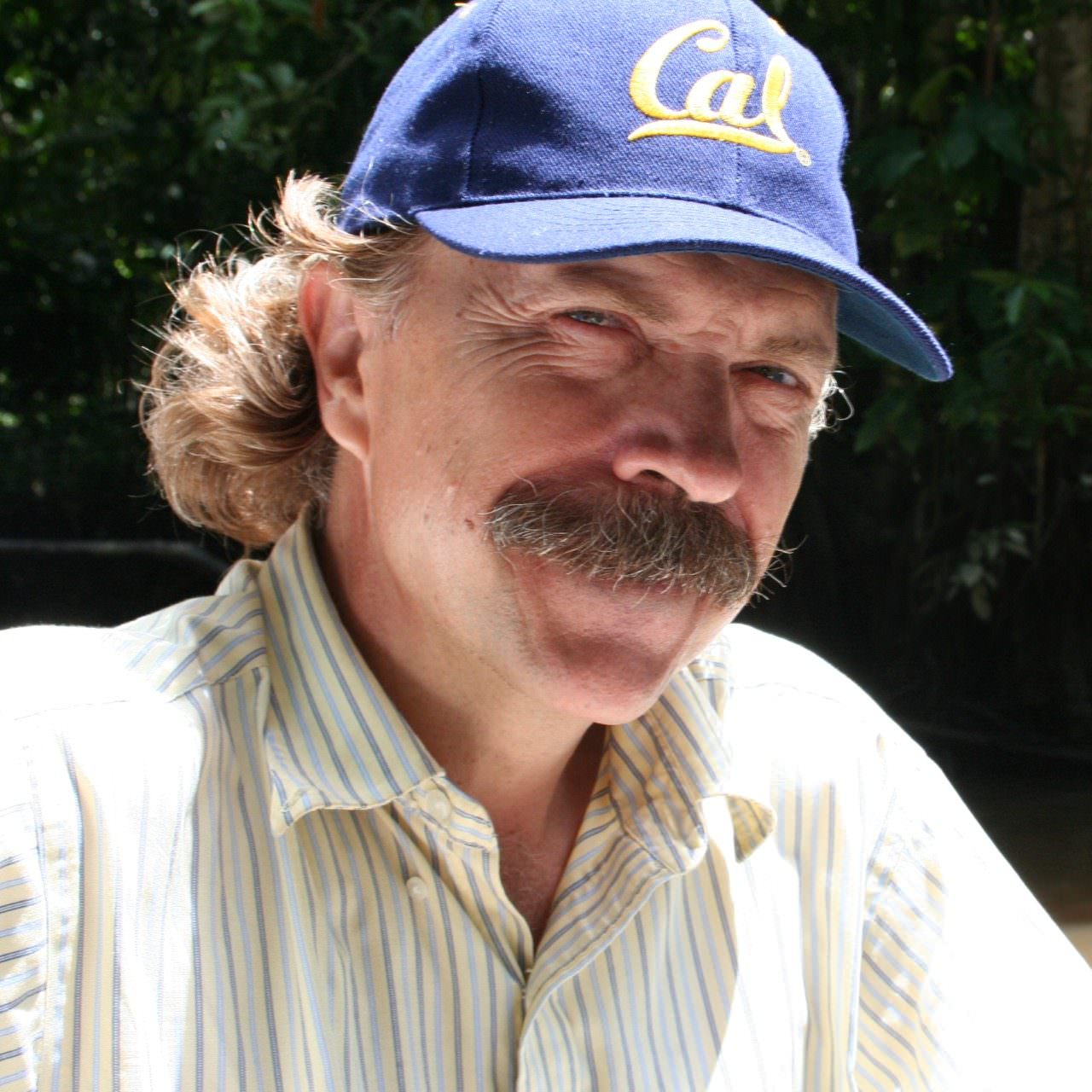
Discussants
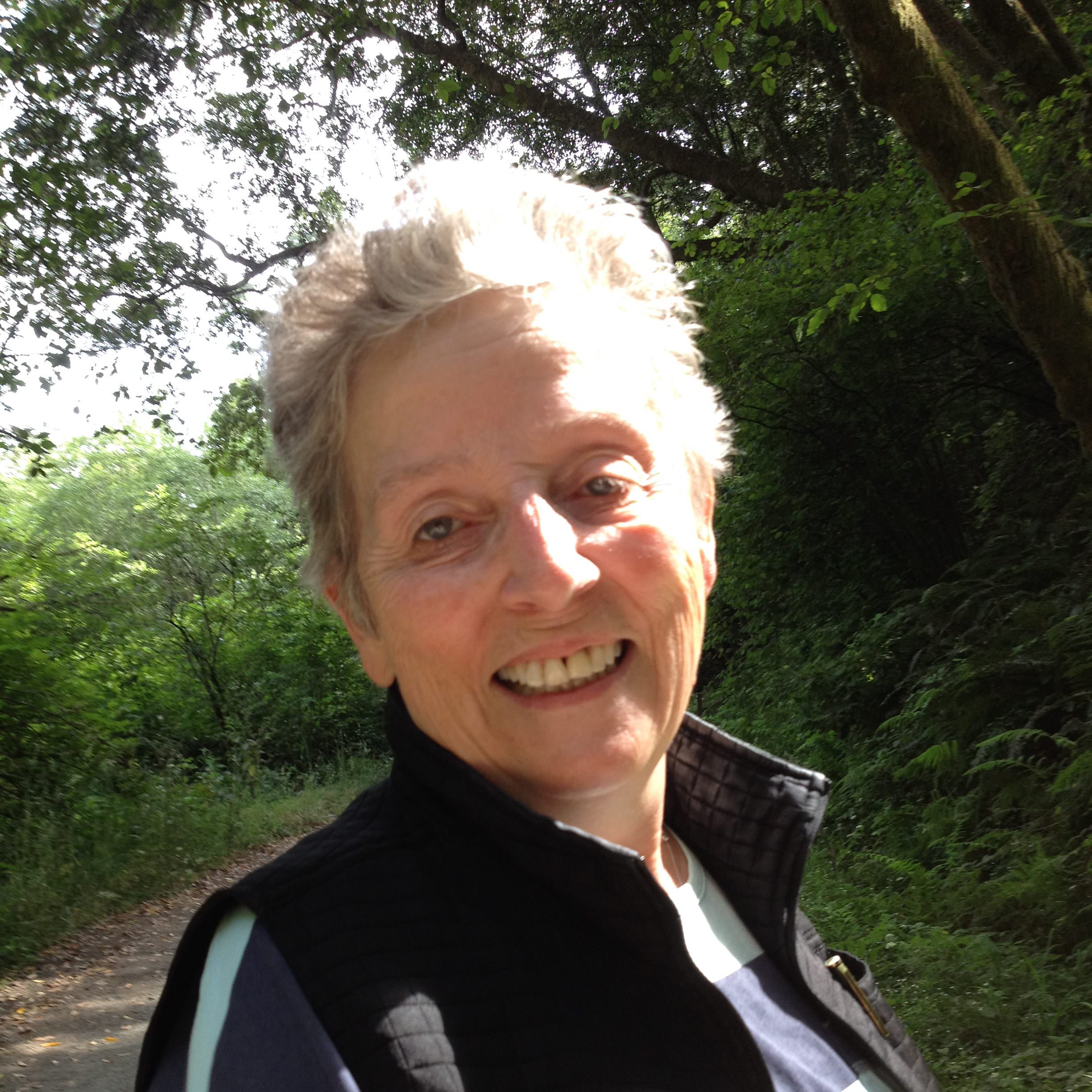
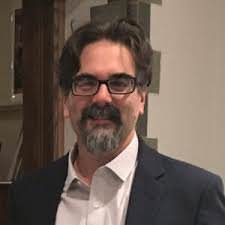
Participant Bios
Erica Acevedo-Ontiveros has a PhD in Theatre Performance of the Americas from Arizona State University. She teaches, acts, directs, stage manages, dramaturgs, choreographs, dances, and examines Azteca, Flamenco, and Mexican Folklórico dance and how they relate to expressions of Mexican and Chicanx identity. She teaches at Benedictine University and Chandler-Gilbert Community College.
Katherine Borland is Professor of Comparative Studies in the Humanities at the Ohio State University. She is a folklorist who has written on topics such as dance, narrative, collaborative ethnography, international volunteering, environmentalisms, and festival.
Charles L. Briggs is the Alan Dundes Distinguished Professor of Folklore and Distinguished Professor of Anthropology at the University of California, Berkeley. He is author most recently of Incommunicable: Toward Communicative Jus- tice in Health and Medicine and Unlearning: Rethinking Poetics, Pandemics, and the Politics of Knowledge. He has received many awards and honors, including being elected in 2023 as a Fellow of the American Academy of Arts and Sciences.
Anthony Bak Buccitelli is Interim Assistant Dean for Graduate Programs, Associate Professor of American Studies and Communications, and Director of the Pennsylvania Center for Folklore at the Pennsylvania State University at Harrisburg—Capital College. He is author of City of Neighborhoods: Memory, Folklore, and Ethnic Place in Boston and editor of Race and Ethnicity in Digital Culture: Our Changing Traditions, Impressions, and Expressions in a Mediated World, Volume One.
Gregory Hansen is Professor of Folklore and English at Arkansas State Univer- sity. He is author of A Florida Fiddler: The Life and Times of Richard Seaman and editor (with Shihan de Silva Jayasuriya and Mariana Pinto Leitão Pereira) of Sustaining Support for Intangible Cultural Heritage. His research specializes in public folklore and the folklife of America’s South. In addition to his research on fiddle tunes, bluegrass, and blues music, Hansen has completed research on public presentations of heritage. He is also a Folklore Fellow of the American Folklore Society.
Sarah M. Gordon is Associate Professor of Folklore at Memorial University. Dr. Gordon studies the intersection of folklore and power, both internally to the field’s academic history and elsewhere in digital and anti-colonial spaces. Her work has appeared in Journal of American Folklore, Journal of Folklore Research, and Western Folklore.
Eric Mayer-García is Assistant Professor of Theatre, Drama, and Contemporary Dance at Indiana University Bloomington. Mayer-García has published research on vanguard theatre, latinidad, and theatre historiography in Theatre Survey; At- lantic Studies; Journal of American Folklore; Theatre History Studies; and Chiricú Journal: Latina/o Literatures, Arts and Cultures, among others.
Stephen Olbrys Gencarella‘s research is conducted at the intersection of folklore studies, rhetorical studies, and performance studies. In academic and public sector work, he advocates for a critical folklore studies as a means to examine and to redress social injustice. He draws upon traditions of rhetorical criticism and social theory, especially to critique anti-democratic behavior and to advance democratic modes of living with others. Focusing on the constitutive nature of expressive culture, Gencarella has a longstanding interest in the ways that comedic performances address, uphold, and criticize social and political anxieties.
Solimar Otero is Professor of Folklore and Ethnomusicology and Gender Studies at Indiana University. She is author of Archives of Conjure: Stories of the Dead in Afrolatinx Cultures and editor with Mintzi Auanda Martínez-Rivera of Theorizing Folklore from the Margins: Critical and Ethical Approaches. Her research centers on how gender and race shape Afro-Caribbean spirituality and Yoruba traditional religion in folklore, performance, literature, and ethnography. Dr. Otero is a Folklore Fellow of the American Folklore Society.
Kay Turner is a folklorist and performing artist. She was Adjunct Assistant Professor in Performance Studies at NYU for twenty years, where she taught courses on ghosts and their ontology, pedagogies of the ephemeral, queer theory, folk religion, and oral narrative theory. She has a longstanding interest in the performative and performance aspects of memorials, altars, and shrines. Her books include Beautiful Necessity: The Art and Meaning of Women’s Altars and I Dream of Madonna; her essays include “September 11th and the Burden of the Ephemeral;” “Deep Folklore/Queer Folkloristics;” and Hekate: Goddess for the 21st Century.” She is a founding director of Texas Folklife Resources (1985-1991) and she directed the Brooklyn Arts Council’s (BAC) Folk Arts Program from 2000-2014. Turner is a past president of the American Folklore Society (2015-2018) and a Fellow of the American Folklore Society. In September 2025 she will be in residence at Dyke ArtHaus, Philadelphia, to work on “Frau Trude: The Musical,” based on her scholarly investigation of an obscure Grimms’ fairy tale loaded with possibility for lesbian feminist interpretation in song.
Sabra J. Webber is Professor Emerita and a member of The Ohio State University Emeritus Academy. She is the author of Romancing the Real: Folklore and Ethnographic Representation in North Africa and Folklore Unbound: A Concise Introduction.
We sometimes make mistakes, and we are happy to correct any errors that you may come across on our site. If you find an error, please let us know using the “submit a correction” link.